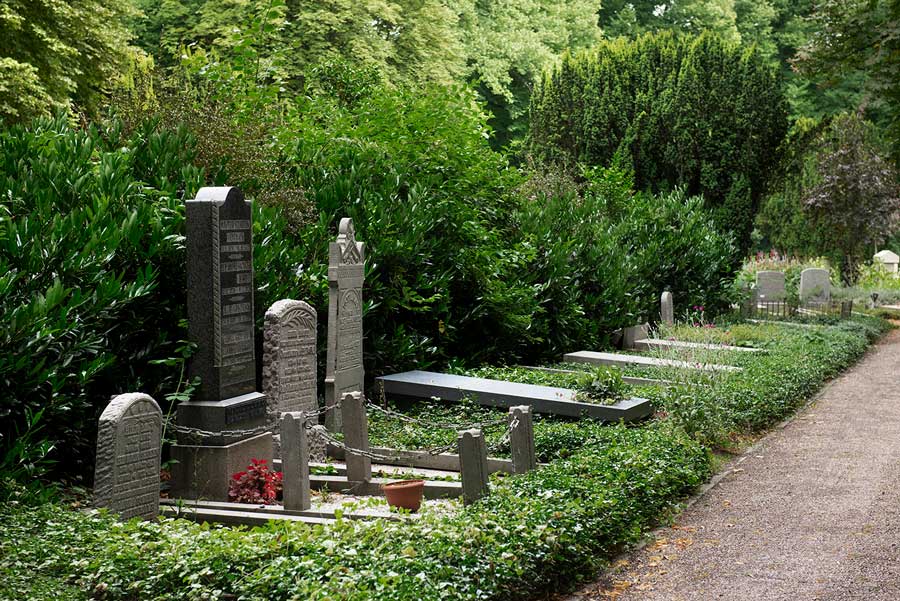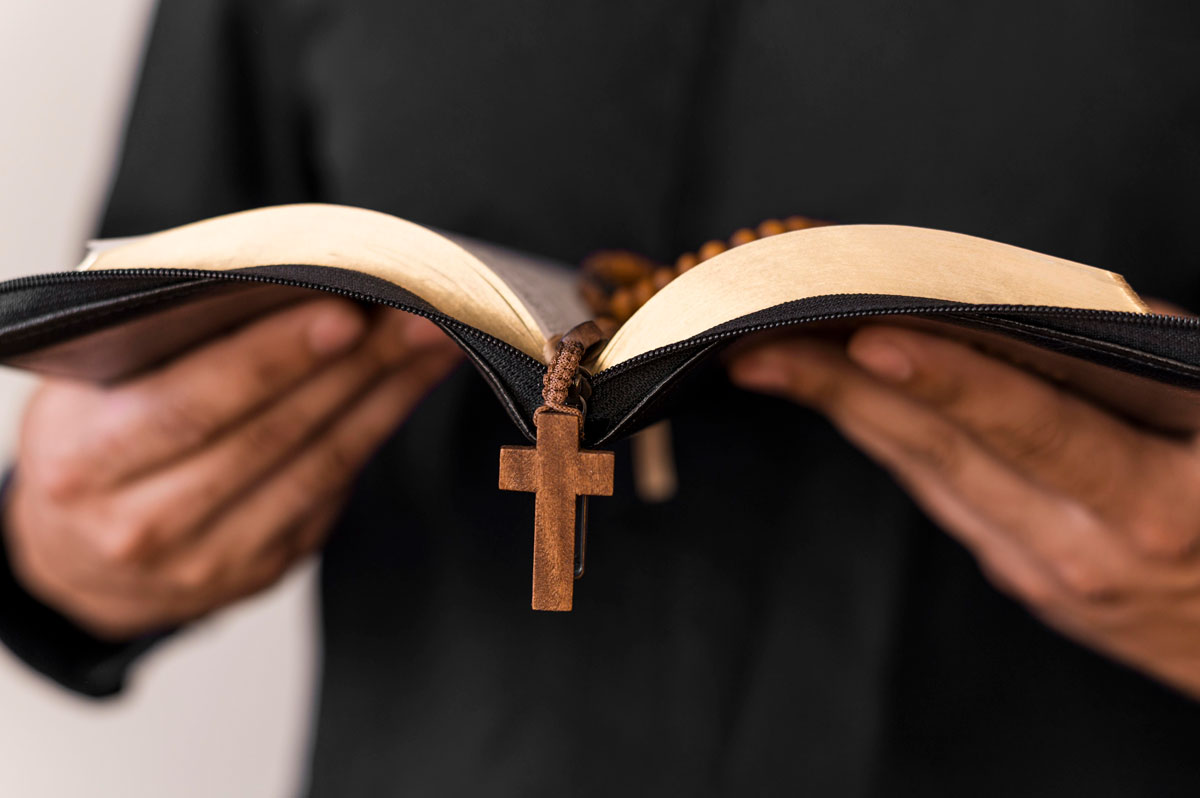Arranging the Funeral
On initial contact we will ask for preliminary details, whereupon if the deceased has died at home or in a private nursing home we will advise the conveyance of the deceased to our private chapel.
We would then ask, at a time and place to suit the family, for the funeral director to call and arrange the funeral to a standard and procedure that meets the needs and requirements of those concerned.

What you need to know in Times of Bereavement
There is usually a relative, neighbour or kind friend…
We will take the deceased into our care at our funeral home. The family can then arrange to meet with us to set out their needs and requirements
Inform the Doctor
As soon as possible inform the doctor that the death has occurred. He/she may write out the Medical Certificate of Death when he/she visits the house, or may request you attend the surgery for this purpose.
When death occurs in hospital
When death happens in hospital the procedure is very similar. Apply to the hospital for the Medical Certificate of Death and not your family doctor.
The Coroner
In cases where the death has been reported to the Coroner the procedure is somewhat different. The Coroner and his officers are working in your interest. No doctor will issue a Medical Certificate of Death. This will be sent by the Coroner to the Registrar’s Office in the district where the death occurred, after contact has been made with the Coroner’s office. We are here at anytime to assist you in your time of bereavement by contacting us on 02837 522480.
How to Register a Death
Who can Register
- Close friend of relative
- Relative in attendance during last illness
- A relative living in the district where death occurred
- A person present at death
- The person causing the disposal
Who can Register
- Medical Certificate of Death
- Medical Card if available or
- Birth Certificate & information regarding date of birth
Information required to Register
- Date and place of death
- Full name of deceased (maiden name if applicable)
- Date and place of birth
- Occupation and home address
- If married, full name and occupation of surviving spouse
Certificates
Disposal Certificate for the funeral director
Social Security Certificate to be handed in at the D.S.S. Offices with any pension books
Copies of Entry of Death for bank, insurance, solicitors
Consult a Solicitor
In most circumstances, it is advisable for you to consult a solicitor both to relieve you of many worries and to take control of wills, problems of intestacy, outstanding debts, grants and letters of administration. A solicitor could save you a great deal of unnecessary trouble and eventually save you money. If it is known that a will was made, it is important that the contents be ascertained as soon as possible after death as it may contain instructions regarding the funeral arrangements. A will may be among personal papers, with the bank or solicitor for safekeeping. If a solicitor has been consulted by the deceased in the recent past it is important that you contact them.

Priests
Please contact your local parish priest. If you wish they will be happy to help and give support during and after your bereavement.
Floral Tributes
The gentle beauty of flowers expresses your personal remembrance and brings comfort to the bereaved.
Donations to Charity
If donations are requested in lieu of flowers we will accept and list donations on your behalf and forward them in due course to a charity of your choice.
Cremated Remains
At the time of making funeral arrangements, it is not always easy to realise the emotional benefit that is gained after the funeral by having somewhere to go, a place that you and your family can go back to, knowing that your loved one is there..
